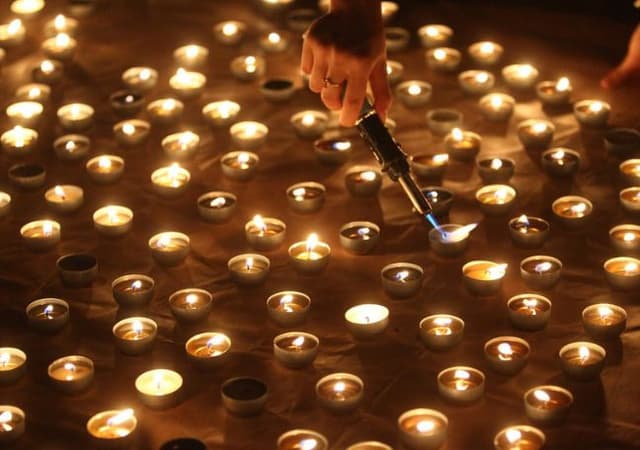Learning intentions:
Students will...
- understand the benefits of partaking in Earth Hour
- build an understanding of the impacts of climate change
- use their project planning skills to organise their Earth Hour events.
Success criteria:
Students can...
- assess their environmental impact
- brainstorm and plan an event for Earth Hour.

